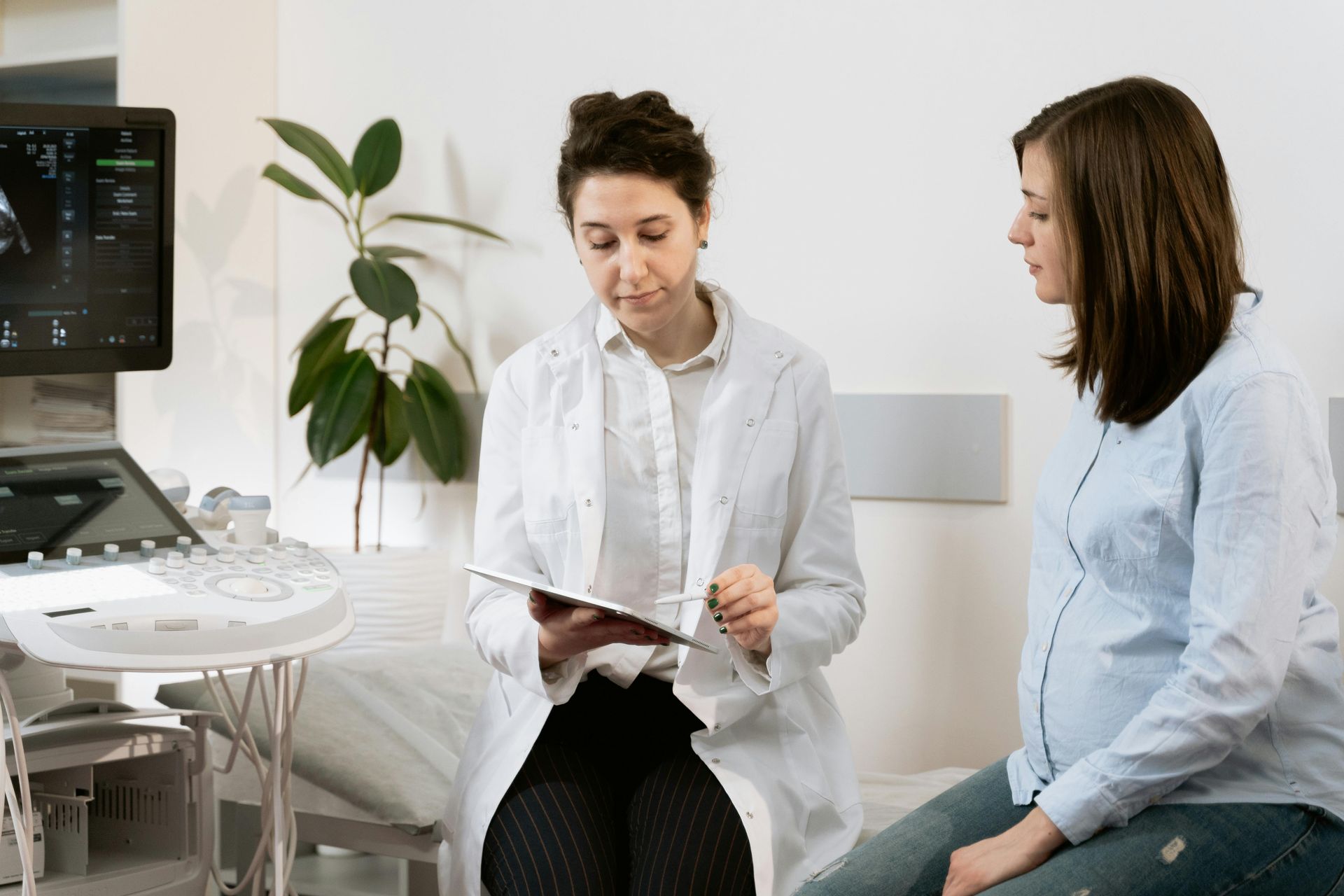Can Twins Cause a False Negative Pregnancy Test?
Can Twins Cause a False Negative Pregnancy Test?
It’s a surprising idea—but yes, being pregnant with twins can sometimes cause a false negative result on a urine pregnancy test. This rare situation is linked to something called the hook effect, which can happen when hormone levels are extremely high.
Pregnancy tests are typically very accurate. However, when hCG levels exceed 500,000 mIU/mL, it can overwhelm the test, preventing it from detecting the hormone properly. This is more likely to happen in multiple pregnancies—especially if each baby has their own placenta, which can compound hormone levels.
If you’ve missed multiple periods, have pregnancy symptoms, or underwent fertility treatments like IVF—but your urine test is still negative—it’s a good idea to follow up with a blood test for confirmation.
How Do Pregnancy Tests Work?
Pregnancy tests detect the presence of hCG (human chorionic gonadotropin), a hormone that rises rapidly during early pregnancy. A nonpregnant woman typically has about 5 mIU/mL of hCG, while pregnancy tests generally detect levels of 20 mIU/mL or higher.
Here’s how it works: the test contains antibodies that bind to hCG. If the hormone is present at a detectable level, the test will show a positive result.
However, in rare cases—like very high hCG concentrations—the test becomes overwhelmed and fails to register correctly. This is the hook effect.
hCG Levels by Week of Pregnancy
Here’s a general guideline of hCG levels during pregnancy:
Week 3: 5–50 mIU/mL
Week 4: 5–426 mIU/mL
Week 5: 18–7,340 mIU/mL
Week 6: 1,080–56,500 mIU/mL
Weeks 7–8: 7,650–229,000 mIU/mL
Weeks 9–12: 25,700–288,000 mIU/mL
Hook effect range: >500,000 mIU/mL
When Can Pregnancy Tests Be Inaccurate?
Urine tests are 99% accurate under normal circumstances. But if your hCG levels are unusually high—often 2,500 times higher than the lowest detectable amount—the hook effect can lead to a false negative result. This is most likely to occur late in the first trimester and especially in pregnancies involving multiples.
How Does IVF Affect Pregnancy Testing?
IVF (in vitro fertilization) increases the chances of a multiple pregnancy. That’s because more than one embryo is often implanted to improve success rates. A 2006 Canadian study shows that about 30% of IVF pregnancies result in multiples, compared to less than 1% of natural pregnancies.
This can lead to elevated hCG levels, making inaccurate test results more likely.
If you’ve undergone IVF and suspect you're pregnant but your test is negative, it's wise to request a blood test to confirm.
So, Can Twins Cause a False Negative Pregnancy Test?
Yes, although it’s rare, being pregnant with twins can cause a urine pregnancy test to show a false negative, especially if the pregnancy results from IVF. If you’re experiencing symptoms of pregnancy but your test results are unclear, we recommend scheduling a follow-up appointment.
We’re here to help provide accurate medical information and compassionate support, no matter where you are in your pregnancy journey.
Contact us today to speak with a professional or schedule a free appointment.







